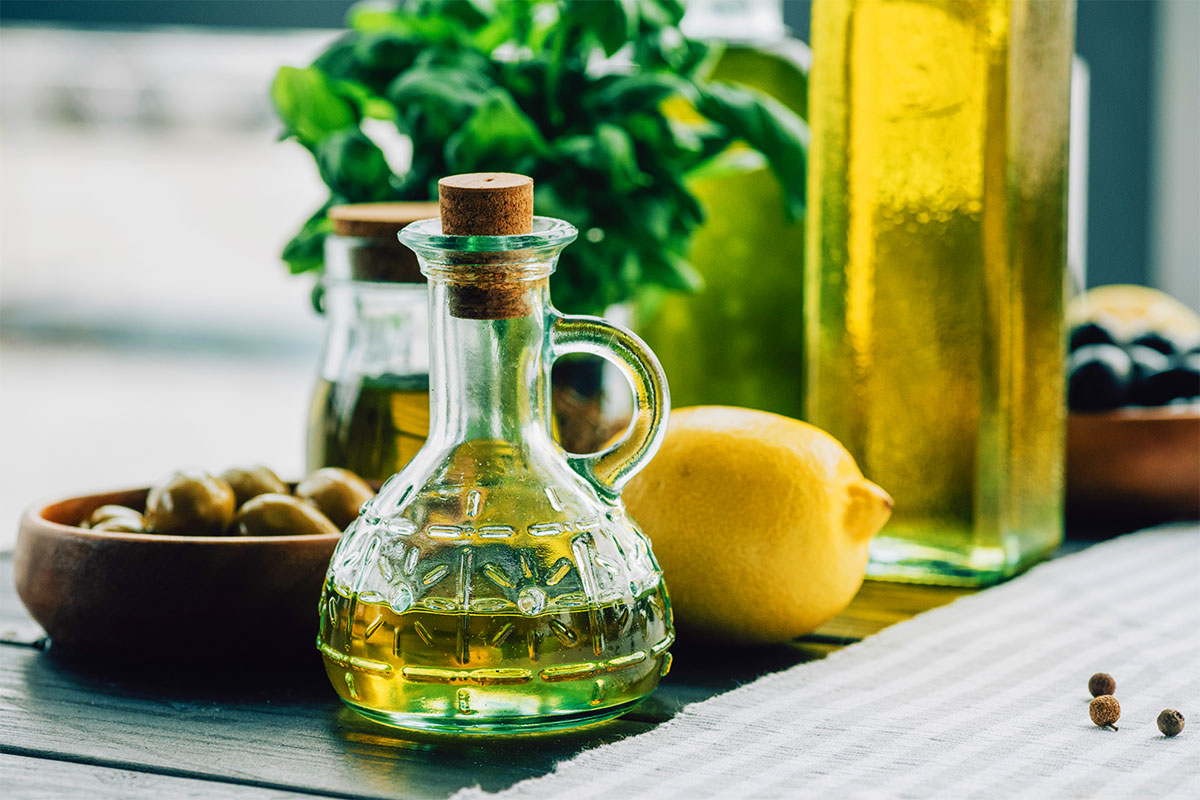Have you ever wondered whether that morning dose of olive oil and lemon juice is the key to improved health? This tiny ritual has been circulating on wellness blogs, social media, and even from friends who swear by it. But is it reality, fantasy, or somewhere in between? What does science have to say about this popular homemade remedy?
The concept of the blend is straightforward: mix a spoonful of olive oil with a splash of lemon juice and drink it straight, usually first thing in the morning. Enthusiasts say that it can do everything from detoxifying your body and burning off pounds to alleviating kidney stones, calming joint pain, enhancing digestion, delaying aging, and even safeguarding your heart. The claims sound good—but are they real?
As far as detox is concerned, the science is settled. Your kidneys and liver are already doing a great job of eliminating poisons from your system. There isn’t a food or beverage that can “detox” you, as these claims imply. Olive oil and lemon juice will be fine in their own right, but they can’t do what your organs are designed to do.
The same applies to weight loss. Olive oil has healthy fats for the heart, and lemon juice is a good source of vitamin C, which has something to do with how your body metabolizes fat. To make a salad dressing or marinade using the two may be a good low-calorie method for getting flavor into your food, but there’s no scientific basis for believing that drinking the mixture causes weight loss. Sustained outcomes result from long-term diet and exercise, not rapid solutions.
One of the most abiding myths is that this combination can get rid of gallstones or kidney stones. Lemon juice does include citrate, which can keep some sorts of kidney stones from forming in individuals with low urine levels of citrate. Olive oil doesn’t have any established effect, however, and there isn’t enough evidence to support the notion that this beverage will “lubricate” stones so you can pass them.
Regarding joint inflammation and pain, olive oil does contain anti-inflammatory substances, and the vitamin C in the lemon juice prevents inflammation and lubricates joints. Nevertheless, no evidence that drinking them together will cure pain. They’re best eaten as ingredients in an overall diet that’s low in inflammatory compounds.
As for digestion, olive oil can stimulate bile production, which aids in fat digestion, and lemon juice can assist enzymes in their function. Vitamin C also helps the body absorb iron from plant foods. Nevertheless, there’s no conclusive evidence that this specific combination enhances digestion. To promote enhanced gut health, emphasize a diet rich in fruits, vegetables, and fiber.
Both olive oil and lemon juice have reputations for promoting healthy skin and slowing the signs of aging. That’s largely because of the Mediterranean diet, which includes these foods and is linked to longevity and overall well-being. Olive oil provides antioxidants and healthy fats, while lemon juice delivers vitamin C, a key nutrient for collagen production. The benefits, though, come from including them regularly in your meals, not from drinking them in a single shot.
For liver and heart health, olive oil is already widely recognized for lowering LDL or “bad” cholesterol and preventing inflammation. Vitamin C in lemon juice provides yet another boost to cardiovascular health. Though the Mediterranean diet can decrease fat in the liver and assist in its functioning, the liver itself doesn’t require special detox beverages—it does so naturally by cleaning blood and secreting bile to eliminate waste.
Of course, there are risks. Lemon juice is very acidic and will irritate the lining of the stomach, particularly when consumed on an empty stomach. It can cause acid reflux or heartburn in some individuals, and it wears away tooth enamel over time. Olive oil, although healthy, is calorie-rich—at around 119 calories per tablespoon—so consuming it frequently in large quantities will contribute to weight gain. Olive oil also triggers bile production, and this can exacerbate gallbladder problems, while lemon juice could interact with some medications. If you take prescription medication or have a medical condition, it’s best to consult your physician before adding this to your regimen.
If you’re interested in giving it a go, then a better choice is one tablespoon of extra virgin olive oil combined with one teaspoon of freshly squeezed lemon juice. This maintains the acidity mild and the calories in check. Even so, most professionals advise consuming it no more than a few times a week. A happier and just as healthy alternative is to dress foods with olive oil and lemon juice. That was,y you have the taste and benefits without risking stomach discomfort. Herbal teas, water infused with fruits, and meals of whole foods are some other excellent means to facilitate digestion and liver health.
Olive oil and lemon juice are both healthful when consumed as part of a balanced diet, but rumors about the combination being some kind of miracle cure are something more like myth than fact. Use them sparingly, enjoy them in your food, and leave the actual work of keeping you healthy to your body’s natural systems.














